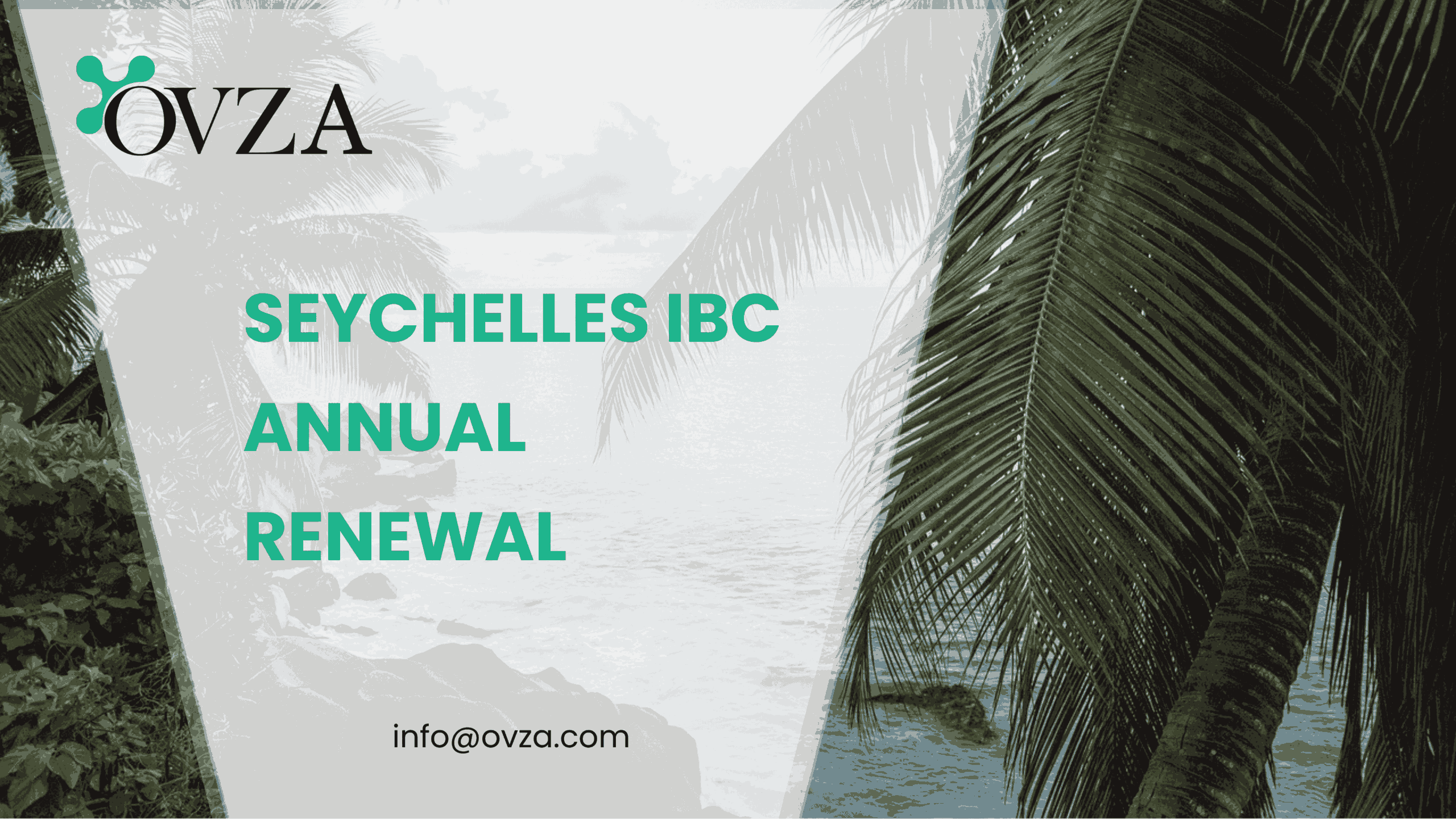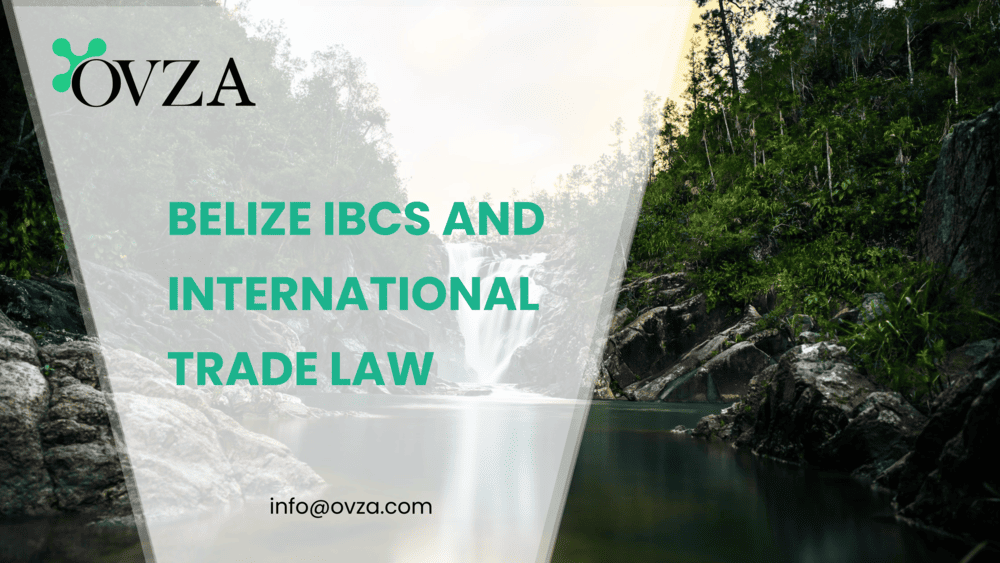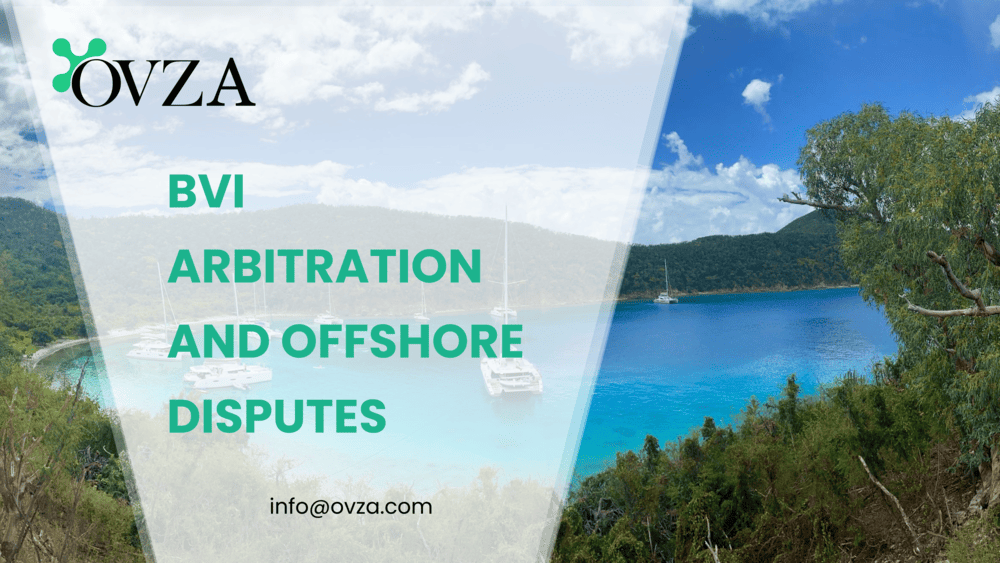An offshore company trading stocks can be a legitimate and strategic vehicle for investors seeking international flexibility and privacy. While offshore structures are more commonly associated with holding intellectual property, real estate, or international business operations, they can also be configured to facilitate investment in public securities—including equities, exchange-traded funds (ETFs), and other listed instruments.
The viability of this setup depends on a combination of legal, tax, and operational factors. In principle, an offshore company can open an investment account with a licensed brokerage firm and trade global securities, just as any domestic entity might.
In this article, we explore whether offshore companies are suitable for trading stocks and ETFs, and under what conditions the structure becomes legally effective, commercially viable, and tax compliant.
- Brokerage Access for Offshore Companies
- Banking Infrastructure and Capital Injection
- Substance and Operational Legitimacy
- Tax Treatment and Controlled Foreign Corporation (CFC) Exposure
- Transparency, CRS Reporting, and Regulatory Risk
- Best Offshore Jurisdictions for a Company Trading Stocks
- Conclusion
Brokerage Access for Offshore Companies
One of the first considerations when evaluating the viability of an offshore company trading stocks is whether the company will be accepted by a licensed brokerage firm. Most mainstream brokers—especially those based in the U.S., Canada, or EU—have strict compliance policies that often exclude companies registered in jurisdictions perceived as high-risk or opaque. However, certain international brokerage platforms in Switzerland, Singapore, Liechtenstein, and Mauritius are more accustomed to onboarding offshore companies, particularly when they are incorporated in jurisdictions like the British Virgin Islands, Cayman Islands, or Seychelles.
To open a brokerage account, the offshore company must typically provide a complete set of corporate documents, including a notarized certificate of incorporation, memorandum and articles of association, a recent certificate of incumbency, and full disclosure of the ultimate beneficial owner (UBO).
These requirements are non-negotiable, especially for regulated entities offering access to global equities and ETFs. Without a compliant broker, an offshore company trading stocks may not even reach the execution phase.
Banking Infrastructure and Capital Injection
Even if the offshore company secures a brokerage account, it must also be able to fund it reliably. This means having a dedicated offshore corporate bank account or EMI (Electronic Money Institution) account that permits outbound investment transfers. Many banks and EMIs apply heightened due diligence when onboarding entities used for trading activity, especially when based in traditional offshore jurisdictions. If the source of funds is unclear, or if the entity lacks legal substance, banks may freeze transfers or reject account applications altogether.
An offshore company trading stocks must ensure its banking solution is synchronized with its investment plan. Funds must be traceable, and bank statements must align with the company’s declared activity—namely portfolio management and securities trading. Offshore companies engaged in trading must also maintain internal accounting systems to record investment flows, capital gains, dividend income, and reinvestment activity. Without such infrastructure, the structure may not pass scrutiny under audit or tax review.
Substance and Operational Legitimacy
The use of an offshore company trading stocks must be justified not only commercially but also legally. Offshore companies that engage in passive investment are increasingly subject to economic substance requirements in jurisdictions like BVI, Cayman, and Seychelles. If the entity earns income from trading securities, it may be classified as conducting a “relevant activity” under local substance laws—meaning it must demonstrate board-level decision-making, local presence, and governance in the jurisdiction of incorporation.
This is not merely a formality. Regulators are increasingly demanding that offshore companies involved in capital markets prove they are not shell entities created for tax deferral or evasion. Offshore companies that trade stocks or ETFs without economic substance may be fined, struck from the register, or flagged under international tax transparency frameworks. For this reason, investors establishing an offshore company trading stocks must plan for local compliance—either by appointing licensed directors, renting office space, or outsourcing key functions to an in-jurisdiction management firm.
Tax Treatment and Controlled Foreign Corporation (CFC) Exposure
Perhaps the most important consideration when evaluating the long-term viability of an offshore company trading stocks is its tax treatment in the beneficial owner’s home country. While an offshore jurisdiction may impose no corporate tax on trading profits, this does not mean the income is legally exempt from taxation where the owner resides. In fact, most high-income jurisdictions—including the United States, Canada, the United Kingdom, Australia, and EU member states—have implemented Controlled Foreign Corporation (CFC) rules that specifically target passive income held through offshore entities.
Under CFC regimes, passive income—such as capital gains, dividends, and interest—earned by an offshore company may be attributed to the beneficial owner and taxed in their home country, even if those profits are not distributed. This directly impacts the appeal of an offshore company trading stocks, as the expected tax deferral benefit may be reduced or eliminated entirely. In some jurisdictions, attribution is automatic based on control thresholds or ownership tests. In others, substance and business purpose tests apply to determine whether the structure serves a legitimate economic function or exists primarily to shield income from tax.
What complicates matters further is that offshore companies are often viewed as passive investment vehicles when their only activity is securities trading. Even if trades are frequent and professionally managed, tax authorities may argue that the income qualifies as passive, especially when the company does not employ personnel, maintain an office, or demonstrate operational presence in the jurisdiction of incorporation. This reinforces the need for careful structuring, documentation, and a defensible purpose behind the offshore entity.
To preserve the viability of an offshore company trading stocks, the owner must evaluate not only the corporate tax regime of the offshore jurisdiction, but also how their own residency-based tax system treats undistributed foreign income. In some cases, it may be beneficial to hold investments directly through a personal account—especially if capital gains are taxed more favorably at the individual level or if local reporting laws create unnecessary complexity.
Still, there are jurisdictions that do not impose CFC rules, or that offer exemptions based on substance, holding thresholds, or the nature of the income. For internationally mobile investors or residents of low-tax countries, the offshore company may still offer tax optimization opportunities. However, for most clients, a detailed legal and tax opinion is necessary before proceeding with a structure centered around an offshore company trading stocks.
Transparency, CRS Reporting, and Regulatory Risk
Another layer of complexity affecting the use of an offshore company trading stocks is international transparency and information exchange. Most jurisdictions have adopted the OECD’s Common Reporting Standard (CRS), which obligates financial institutions—including banks, brokers, and investment platforms—to report account information to tax authorities. That data is then shared with the tax authority in the beneficial owner’s country of residence.
This means that simply using an offshore entity will not, in itself, create privacy or eliminate tax disclosure. Brokerage accounts held by an offshore company are subject to CRS reporting, and the underlying beneficial ownership must be declared to the brokerage at the onboarding stage. The identity of the real individual behind the structure will almost always be disclosed through these mechanisms, making secrecy an unreliable and often dangerous assumption.
The regulatory environment for offshore investment structures has changed dramatically over the last decade. What once might have been considered aggressive tax planning is now easily detected through automatic exchange of information, banking compliance systems, and jurisdictional cooperation. If a structure is viewed as artificial or lacking substance, not only can the tax authorities disregard it, but the investor may face reputational harm, fines, or additional scrutiny during routine financial activities such as account opening, loan applications, or even personal audits.
Despite these regulatory headwinds, it is still legally possible to structure an offshore company trading stocks in a compliant and efficient manner. However, doing so requires transparency, proper accounting, professional documentation, and a willingness to meet global reporting standards. Investors must be prepared to disclose the nature and purpose of the offshore entity, prove beneficial ownership, and maintain audited or verifiable financial records. The goal is not to hide assets but to structure them intelligently, within the bounds of the law, to reduce risk and improve international asset mobility.
Best Offshore Jurisdictions for a Company Trading Stocks
For an offshore company trading stocks, selecting the right jurisdiction is essential. The jurisdiction must not only support international investment activities but also offer access to brokers, banks, and meet global compliance standards.
Below is a chart of the most practical and supported offshore jurisdictions for setting up a company focused on trading stocks and ETFs.
| Jurisdiction | Broker Acceptance | Banking Access | Reputation | Substance Compliance | Notes |
| British Virgin Islands | High | Good | High | Moderate | Widely accepted by offshore brokers and compliant with global norms |
| Cayman Islands | High | Excellent | Very High | Moderate to Strict | Preferred for institutional setups and fund-level trading |
| Belize | Moderate | Moderate | Moderate | Flexible | Practical for individuals, but some brokers require enhanced due diligence |
| Seychelles | Moderate | Good | Moderate | Flexible | Suitable for lean structures with credible documentation |
| St. Vincent & Grenadines | Low to Moderate | Moderate | Low | Flexible | Accepted by a few brokers; caution with banking and onboarding |
| Nevis | Moderate | Moderate | Low | Flexible | Used for smaller portfolios; limited global brokerage support |
| Marshall Islands | Moderate | Limited | Low | Flexible | May require intermediary brokerages or fund platforms |
| Samoa | Moderate | Limited | Low | Flexible | Use with niche brokers that accept Pacific jurisdictions |
| Antigua & Barbuda | Low | Moderate | Low | Flexible | More often used for holding; broker access can be restricted |
Conclusion
Using an offshore company trading stocks can offer meaningful advantages when structured properly—but it is not suitable for every investor. While these structures may provide jurisdictional neutrality, asset separation, and in some cases favorable tax outcomes, they are only viable when executed with legal precision and regulatory foresight. The use of an offshore entity must be justified by a legitimate commercial purpose, supported by real documentation, and aligned with both domestic and international tax compliance obligations.
In today’s environment of automatic reporting, CFC enforcement, and economic substance legislation, an offshore company trading stocks is no longer a low-maintenance solution. Instead, it is a sophisticated instrument that requires full transparency, carefully chosen jurisdictional support, and an understanding of how income will be treated at the shareholder level.
Disclaimer: The information provided on this website is intended for general reference and educational purposes only. While OVZA makes every effort to ensure accuracy and timeliness, the content should not be considered legal, financial, or tax advice.










